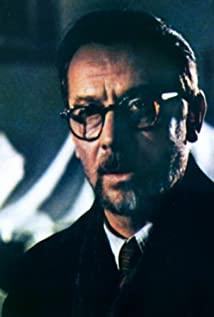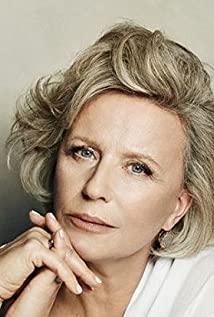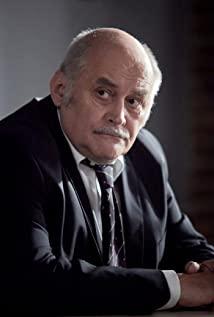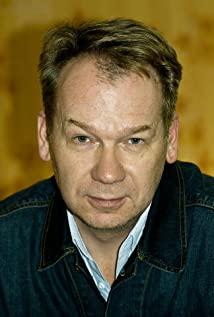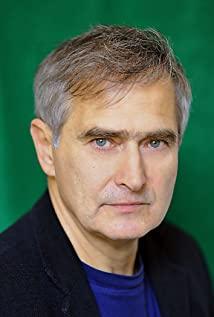The third commandment is not to take the name of the Lord your God in vain; for the Lord will not hold him innocent who takes the name of the Lord in vain.
(Note: The old doctor finally swore an oath to the woman in the name of God, but the oath was false, the old doctor lied for his conscience)
A woman's husband was seriously ill, and an old doctor told the woman to diagnose, Treatment, surgery, everything was too late, the situation was terrible. So the woman asked the old doctor, will he die? The old doctor said he didn't know. But the woman didn't give up, she took the trouble to ask the old doctor if her husband would die, and the old doctor said over and over again that she didn't know. What's the secret here? Why do women keep asking if their husbands are going to die? Why does the old doctor keep answering that he doesn't know?
The woman told the old doctor that she had been pregnant for three months, and the father of the child was not her husband, but a friend of her husband, who had never been pregnant with her husband for so many years. If the husband dies, then the woman can naturally give birth to the life in her womb; if the husband does not die, she must abort the child.
A woman and her husband are very loving. She loves her husband, and the husband gives him a sense of security and satisfaction, but another person gives her a life...
One is her husband, the other is her own child, two women of life Neither want to lose. But the woman fell into a mental predicament. She believed that one of the two lives had to be lost before the other could survive. If the child lives, the husband cannot live; if the husband lives, the child cannot live. In fact, rationally speaking, whether or not the husband can survive is not a subjective choice, but objectively, the possibility that the husband will survive is very small.
A woman can have three options: The first is to wait for her husband to die and give birth to a child. The second is to wait for the husband to be out of danger and abort the child; the third is to wait for the husband to be out of danger and give birth to a child.
A woman would obviously not choose the third option, because it would bring pain to her husband while accusing herself of betrayal. Both of the first two options must involve waiting.
Women can't stand waiting. Perhaps she thought that waiting was a fluke and a sin. Women have to make choices. In the end, she chose to kill the child, which means that if her husband survives, she loses one life, and if her husband dies, she loses two lives.
Obviously, if the husband dies, it is more comfortable for the woman to betray her husband; there is no benefit for the woman to choose to abort the child.
The old doctor was a Christian. He didn't want anyone to die, and he didn't want to predict the deadline for death, because it meant sin. Rather than saying that he is kind, it is better to say that he is afraid of taking on his own sins. When he said "I don't know", he was saying that he was unwilling to face "the disappearance of life". So he said to the woman, we know nothing about the cause, we have limited understanding of the condition, and we have no idea what the future holds.
Any bad forecast can translate into good results. What's the use of predicting him, let it happen naturally.
The woman asked the old doctor, do you believe in God. The old doctor replied, I have a God that is only enough for me.
It seems that the old doctor is not unaware of the development of the disease, he is just unwilling to add sins to himself.
But after hearing the woman's statement, the old doctor was moved after all. He is also wandering, is he betraying the commandments in the Bible for the sake of conscience? Or give up your conscience for your own sake?
One hour before the woman is going to have an abortion, I meet the old doctor and say to the old doctor, if you have a conscience, please predict whether my husband will die, I have an abortion in an hour. The old doctor thought for a moment and said, please don't have an abortion. He won't live long.
The old doctor finally found his conscience. He even swore to the woman for this judgment.
The old doctor got out of the dilemma.
The old doctor's words made the woman who was about to get out of trouble again into trouble (is this the old doctor's sin?). Of course you can't have an abortion based on your own interests, but to have a child out of conscience is to betray your husband. What should she do? From the film, the woman ends up not having an abortion.
Let's look at the ending first. The woman's husband didn't actually die and was brought back to life by doctors. The woman (she's a violinist) is pulling the tune on the stage. The husband said to the old doctor: I seem to have come back from another world. We're going to have kids, you know, what does that mean?
The movie ends.
It turns out that we misinterpreted the old doctor. The old doctor actually found out with his conscience, but he lied to the woman (which also violated the commandment). The purpose of lying is to save a life that has not yet been born. At the same time, the old doctor is silently trying his best to save the life of the woman's husband.
In the face of interests and conscience, the old doctor chose conscience, and the process of struggling in this heart is tortuous. Sincere admiration for him. I'm curious what's next for the woman and her husband. The film did not say, leaving an infinite imagination. But these are not important, the important thing is that the faith of the old doctor has turned from the commandment to the conscience. He got out of the mental predicament by sacrificing his own interests.
In all the spiritual dilemmas in our lives, there is always the collision of two interests. In fact, sometimes sacrificing yourself is the best way to get out of the predicament.
View more about Dekalog reviews







